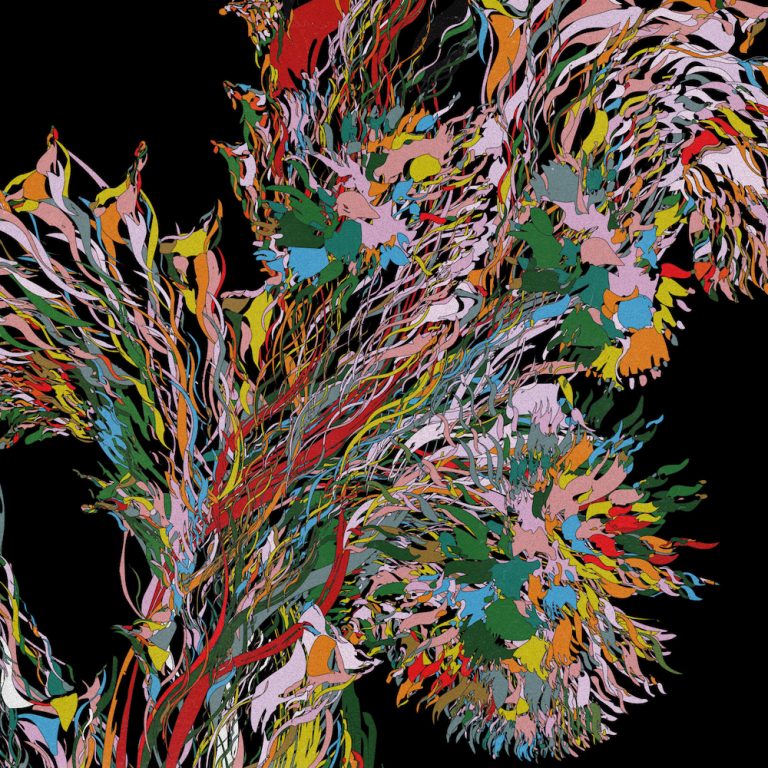For all the good and bad of modern policework, it has provided ample evidence regarding the human memory and its utter fallibility. Whereas a positive witness ID once ensured a conviction or acquittal, today, that person plates themselves as dinner for opposing counsel.
Music often champions itself as the cure to memory loss. It improves mood and cognition while suppressing anxiety; researchers recognize the power of music to conjure lost memories. Whether those memories are meaningful…well, that’s what Weval want to know.
Remember serves as the Dutch duo’s autobiography, a Jackson Pollack of the musical passions Weval have known without revealing context, chronology, or the source material. A beguiling lesson in shades and contrasts, Remember might be in the overall spirit of Beyoncé’s Renaissance, but is immeasurably less direct. If Renaissance lined up influences and had them take a bow, Remember is more, “There was this DJ at a club who we didn’t know and he played this song whose name we forgot, but it changed our lives.” As the line in “Don’t Lose Time” goes, “We forgot to see / what it used to be.”
As such, the album is a Rorschach test: the title track opens almost certainly with a nod to Kraftwerk, but then is the vocal sample a reference to DJ Screw or Air? Frequently, the lyrics appear to be self-mocking, wondering “I, remember” or “Did no one copy this?” though – far from overflowing with self-references – Remember finds emotional currency when it delves into teenage oblivion (“Losing Days”), lost love (“Is That How You Feel It”), and personality conflicts (“Changed For The Better”). Finding their way into every crevice, the sands of time dominate the album, piling high was Weval race to recreate the past grain-by-grain.
The use of Dutch singer/songwriter Eefje de Visser on “Never Stay For Love” – which also features some violent, dubstep bass intrusions – further clouds the source of some of these memories. She might be the view of an ex-lover with a soundtrack of their own that affected Weval’s oeuvre, or her voice possibly symbolizes a personality change in either Harm Coolen or Merijn Scholte Albers: the potential scenarios on Remember are endless.
Apart from the crushing bass on “Day After Day” and the synths of “Forever,” few of the tracks carry the direct influence of R&B or intensely bass-reliant genres. Similarly busy beats underpin several tracks and the lack of vocal dynamism leads to many of them running together. Otherwise it’s a whack-a-mole of sounds similar to Kid A, LCD Soundsystem, early Aphex Twin, Howling, Ulrich Schnauss, and Four Tet.
No one would suggest that Remember breaks new ground: virtually all new music reinterprets the past intentionally, incorrectly, intuitively, ironically, etc. The success of this collection lies in its continuity and cohesion and the way it plays with the idea of people having multiple selves but ultimately one body. Just don’t ask it to give specifics.

